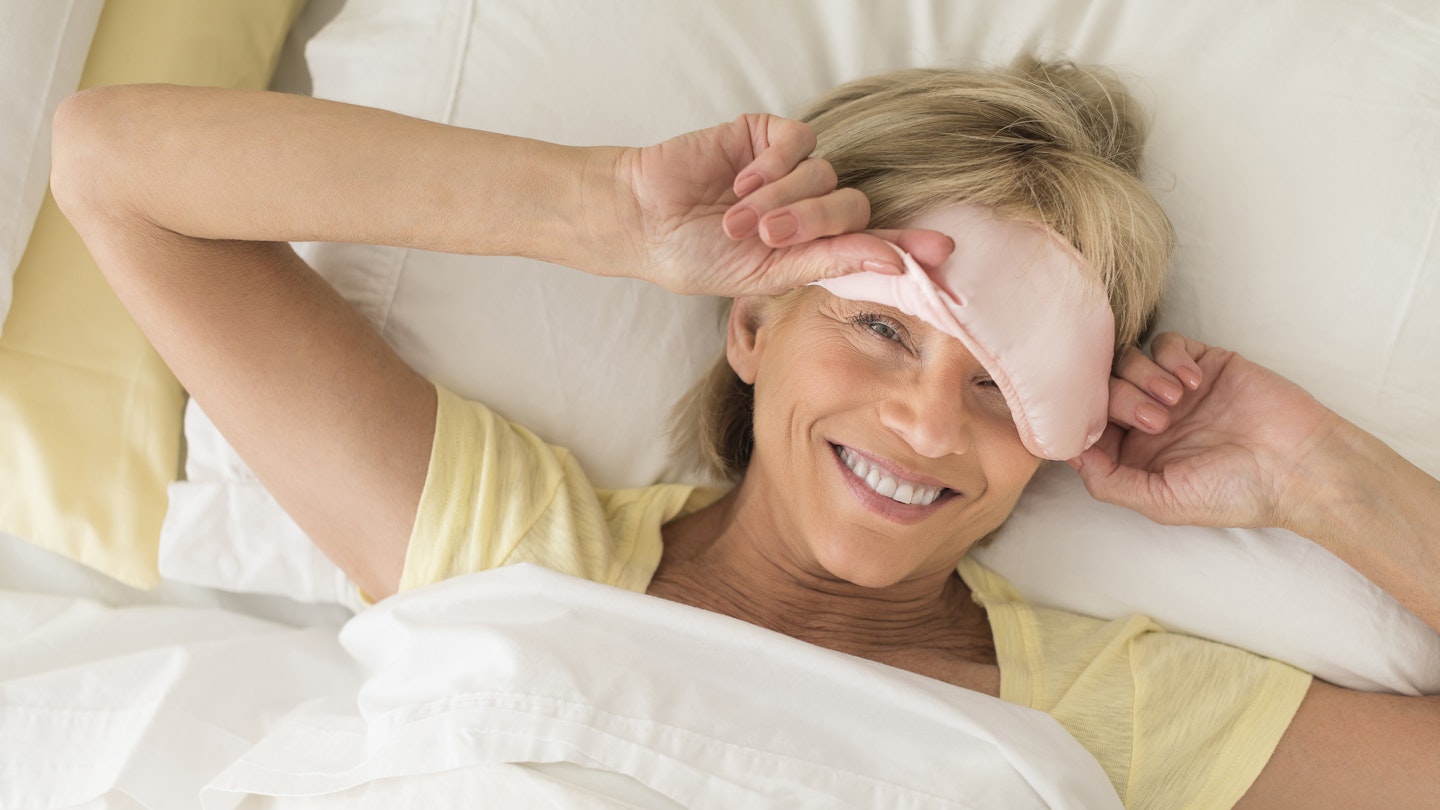With us all leading busy lives and our sleep quality suffering thanks to endless distractions, it can be easy to fall into the cycle of relying on caffeine to keep us awake all day. However, with some simple lifestyle changes, we can get into a healthy routine where we get the best sleep and feel more energised.
We caught up with sleep experts Dr Neil Stanley, from www.thesleepconsultancy.com and Tobin James, Tempur UK Managing Director, to better understand why sleep is important to us humans and how we can improve our sleep patterns to help us feel more awake in the day.
Related articles to improve your wellbeing: Best ways to improve your immune system
Why we need better sleep
“Good quality sleep is essential to maintaining good mental and physical health,” says James. “It’s as important to our bodies as eating, drinking and breathing and can affect our performance, concentration, energy levels, relationships, moods and interpretation of the world."
There’s no doubt that a really good night’s sleep makes you feel refreshed, boosts your energy levels and lifts your mood. It also has a huge impact on your long-term physical health, too.
“Sleep is as important to your wellbeing as a healthy diet or good exercise routine,” says Dr Stanley.
“It helps to protect you from infections and strengthens your immune system, it helps you recover faster from illness and makes pain easier to cope with. Making good sleep a priority could help to reduce your risk of Alzheimer’s, stroke, heart disease, obesity and diabetes and ease your stress levels too.”
What happens when we sleep?
Your body is constantly repairing itself and recuperating from the stresses and strains of everyday life. At night when you’re asleep your body has time to carry out essential maintenance work to keep itself in good working order. This is especially true when it comes to your brain.
“During sleep your brain processes and lays down memories, deals with the emotional aspects of your day and learns new tasks,” says Dr Stanley. “Your brain also needs sleep to remove toxic by-products that build up during the day.”
You’re not just imagining that foggy feeling after a bad night’s sleep, US researchers recently found that sleep deprivation makes it harder for your neurons (the communication cells in your brain) to pass on messages. So being sleep deprived could actually make your memory worse.
How to get better sleep
Reduce stress and anxiety
Health is one of our biggest worries. If you lie awake mulling over concerns about your health, or the health of a loved one, you could try a relaxation exercise or mindfulness practice to help settle your internal worries.
Read next: The best pillow sprays and mists to help you sleep
Boost your bacteria
How well you sleep has an effect on how happy your gut bacteria are, and how happy your gut bacteria are has an effect on how well you sleep.
“Our gut bacteria have been shown to play a role in regulating our sleep/wake cycle as well as in the production of hormones and other substances that are involved in how well we sleep,” says Dr Stanley.
Looking after the friendly bacteria in your gut could help to improve your sleep pattern and even improve the quality of your sleep, according to a study by US researchers.

Try yoga before bedtime to help sleep
Take a screen break at least 1 hour before bed
Switch off your TV, phone and computer at least an hour before bedtime.
“The blue light given out by computers, TVs, smartphones and even the light from digital devices, such e-readers, has been shown to suppress the release of melatonin, which is the hormone that tells your body it’s time to sleep,” says Dr Stanley.
“Using devices before bed could make it harder for you to fall asleep, effect the quality of your sleep and make you feel drowsy the next day.” Wind down with a book or listen to the radio in a dimly lit room instead.
Make your bedroom cool and dark
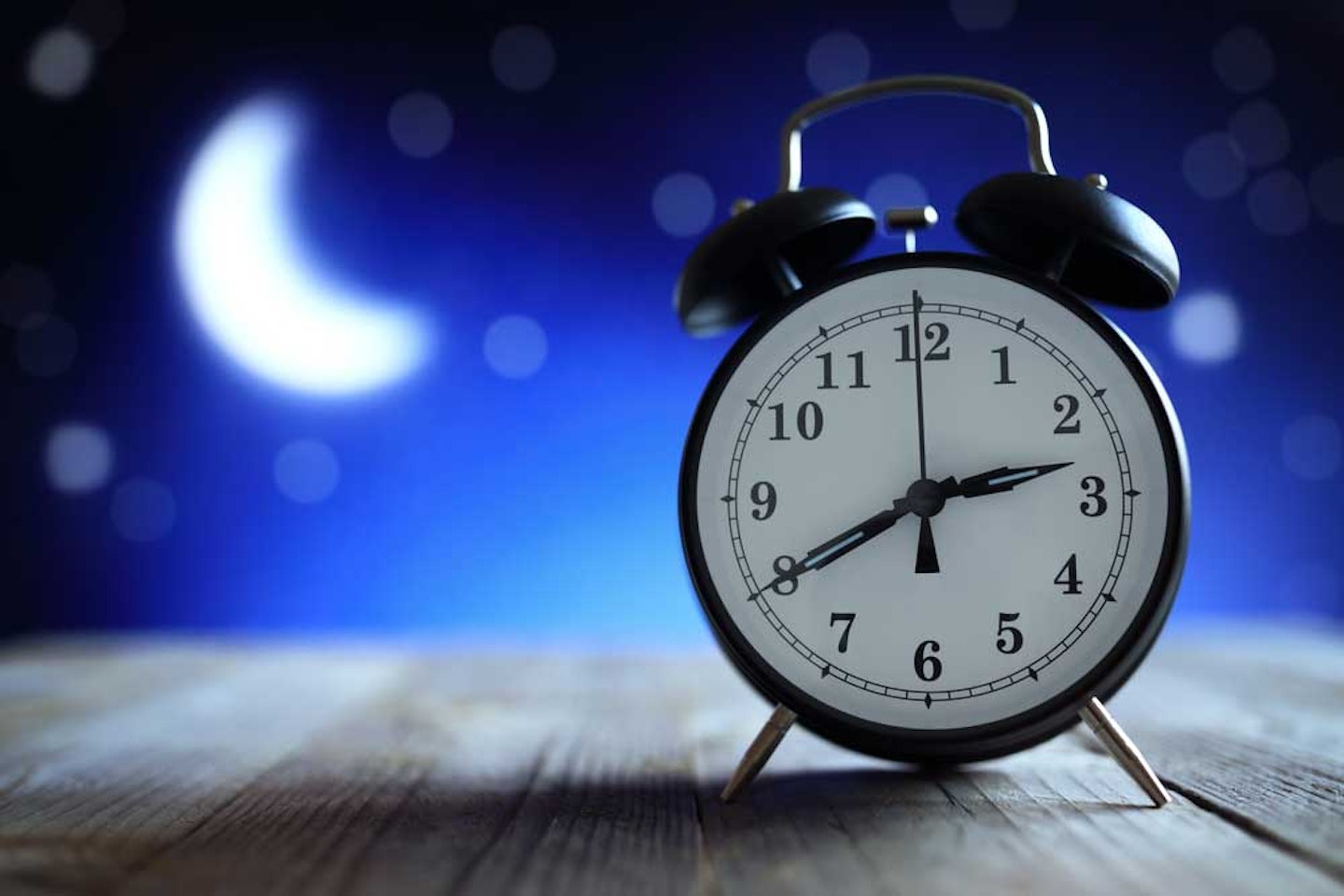
Stick to roughly the same bedtime every day so your body knows when it should start to feel sleepy. Set your bedroom up to give you as much uninterrupted, good-quality sleep as possible.
“The number of hours you need to sleep to wake up feeling refreshed, alert and focused during the day is very individual, so rather than worrying about the amount of time, focus on getting great quality sleep,” says Dr Stanley. “Your room should be as dark as possible, cool (between 16-18°C) quiet and comfortable. Buy the biggest bed you can fit into your bedroom and keep a window open as fresh air is good for sleep.”
Daily lifestyle changes to help you feel more awake
Exercise to improve sleep
Exercise such as walking or cycling – even for just 10 minutes – can dramatically improve how well you sleep, if you do it regularly. When you exercise depends on when it feels best for you; early morning exercise could help you wake up, especially if you exercise outdoors.
Exercise in the afternoon and it may help reset your sleep/wake cycle by raising your body temperature slightly, then allowing it to drop and trigger sleepiness a few hours later.
Exercising outdoors gives you the added benefit of extra daylight to keep your body clock in sync and stop energy slumps during the day, meaning it will give you a boost of energy when you're feeling sleepy.
Read next: The best eye masks for sleeping through the night
Taking naps
While some find that naps can make them feel rather groggy and sometimes more sleepy, others find a quick power nap helps them to feel refreshed. If you're feeling tired throughout the day, take a 5-25 minute nap at least 6-7 hours before you would normally go to bed, to make sure you're not disturbing your night time sleep routine.
If your eyes are feeling heavy, but you don't have time for a nap or you're struggling to get to sleep for a nap, give your eyes a rest by simply laying with your eyes shut or trying some eye drops to give your eyes a refresh.
Rise and shine: wake up with the sun
Before you do anything else in the morning, open your curtains. Don’t turn on the light, look at your phone or switch on the TV – for a great night’s sleep the first light to hit your eyes in the morning should be daylight.
“Sunlight in the morning is the signal your brain needs that it’s daytime and it’s time to be awake,” says Dr Stanley. “You just need a few minutes of natural sunlight to kickstart your circadian rhythm (your body clock).”
When daylight hits your eyes it sends a signal to your body clock, to tell it to stop producing the sleep hormone melatonin and to start pumping out cortisol instead to give you an energy boost and get you up and moving. It also helps to get your body clock in sync, setting your sleep patterns and the time you should naturally wake up.

Cut the caffeine after 3pm to improve sleep
One study found that having caffeine even six hours before bedtime cut total sleep time by an hour.
Watch what you eat and drink
As a rule, eating less than two hours before bed means that food hasn’t had time to digest before we try and sleep. This can lead to discomfort and indigestion.
Fatty or spicy foods can take longer to process and stimulants like caffeine or sugar can give us a boost of energy when we want to be winding down. Rice, oats and dairy products can encourage us to feel sleepy.We like to think that alcohol makes us sleep better. It may help us nod off, but the quality of the sleep you get may be poor, and dehydration or a late-night takeaway can further impair our sleep.
If you're feeling sleepy throughout the day, try eating a healthy snack, such as an energy bar or cereal bar to help lift your blood sugar levels. Drinking a big glass of water can also help you feel more awake.
Take some deep breaths
By simply taking in some deep breaths in and out, you will raise the oxygen levels in your blood to instantly boost energy.
What do I do if I can't sleep?
If you wake up in the middle of the night, give yourself 20 minutes to get back to sleep. “If you don’t drop off in that time get up, go to another room and do something that you find relaxing until you feel sleepy again,” says Dr Stanley. “Go back to bed again and if after another 20 minutes you have still not fallen asleep repeat this process once more. There is no point staying in bed trying to fall back to sleep; the harder you try the less likely you are to fall asleep.”
Good sleepers vs bad sleepers: Did you know?
Good sleepers eat 10g less of sugar a day than people who don’t sleep well. They crave fewer sugary foods, too, helping them maintain a healthy weight say scientists from Kings College London.
Making a note of how well you sleep every night and what you got up to during the day could help you see which tweaks to your routine help you to sleep better. Make a note of how you feel each day when you wake up and you’ll soon see which changes are making a real difference.
“Up to one third of the population suffers from insomnia, with common mental health problems such as stress, anxiety and depression often underpinning sleep problems, and likewise, poor sleep often leading to poor mental health," Tobin James tells Yours magazine.

Products to help you sleep better
 1 of 6
1 of 6Add good bacteria to your breakfast
Improve your sleep by switching off your screens at least an hour before bed. Perhaps even try a bath or shower to help improve your sleep. Spoil yourself with Neom Organics London Real Luxury Bath and Shower Oil.
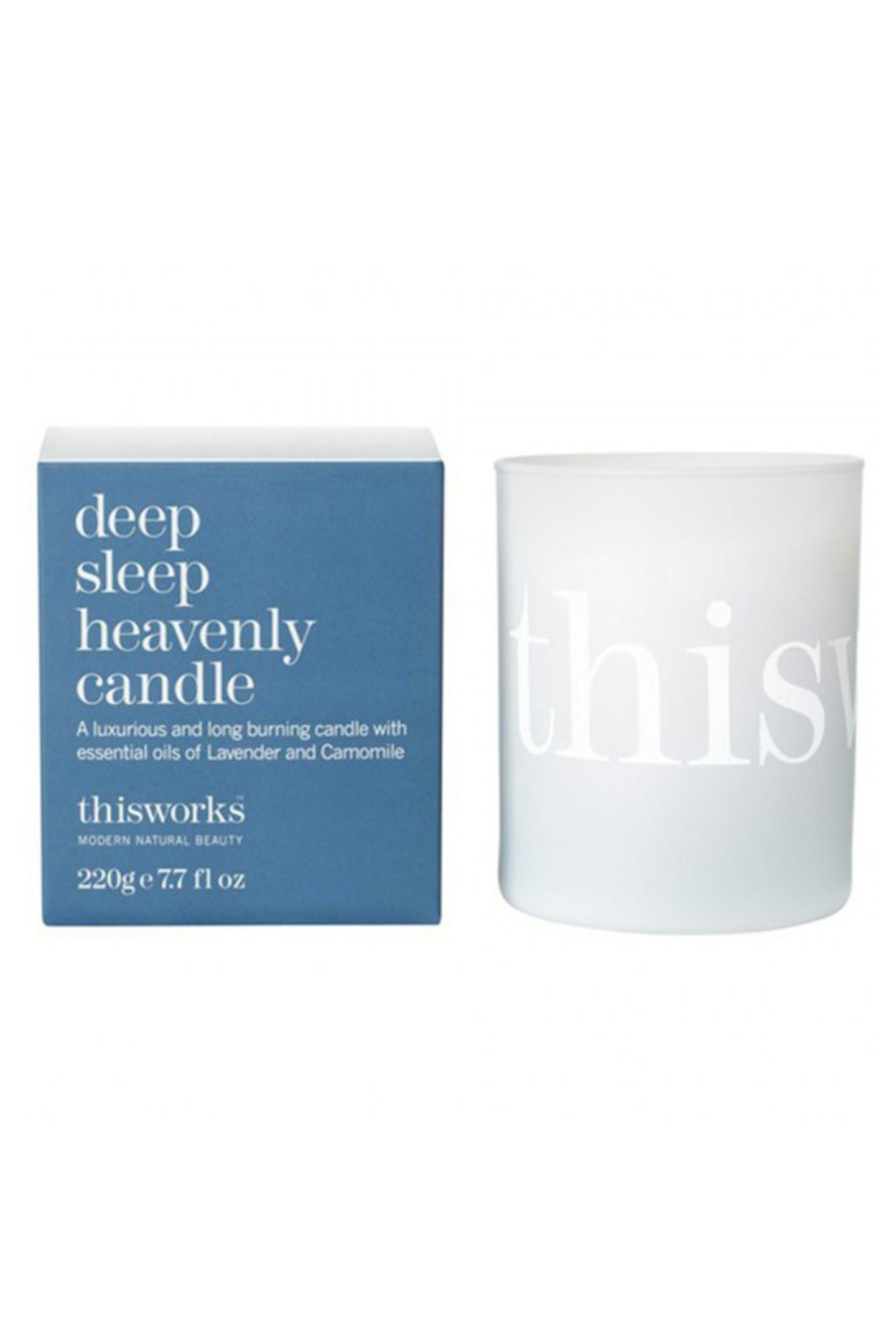 2 of 6
2 of 6Try a sleep candle
Try this deep sleep heavenly candle before bed. The essential oils will create a calm space for the mind and the senses.
 3 of 6
3 of 6Try a pillow spray
Spray your pillow 15 minutes before bed. Scents like lavender are linked with better sleep.
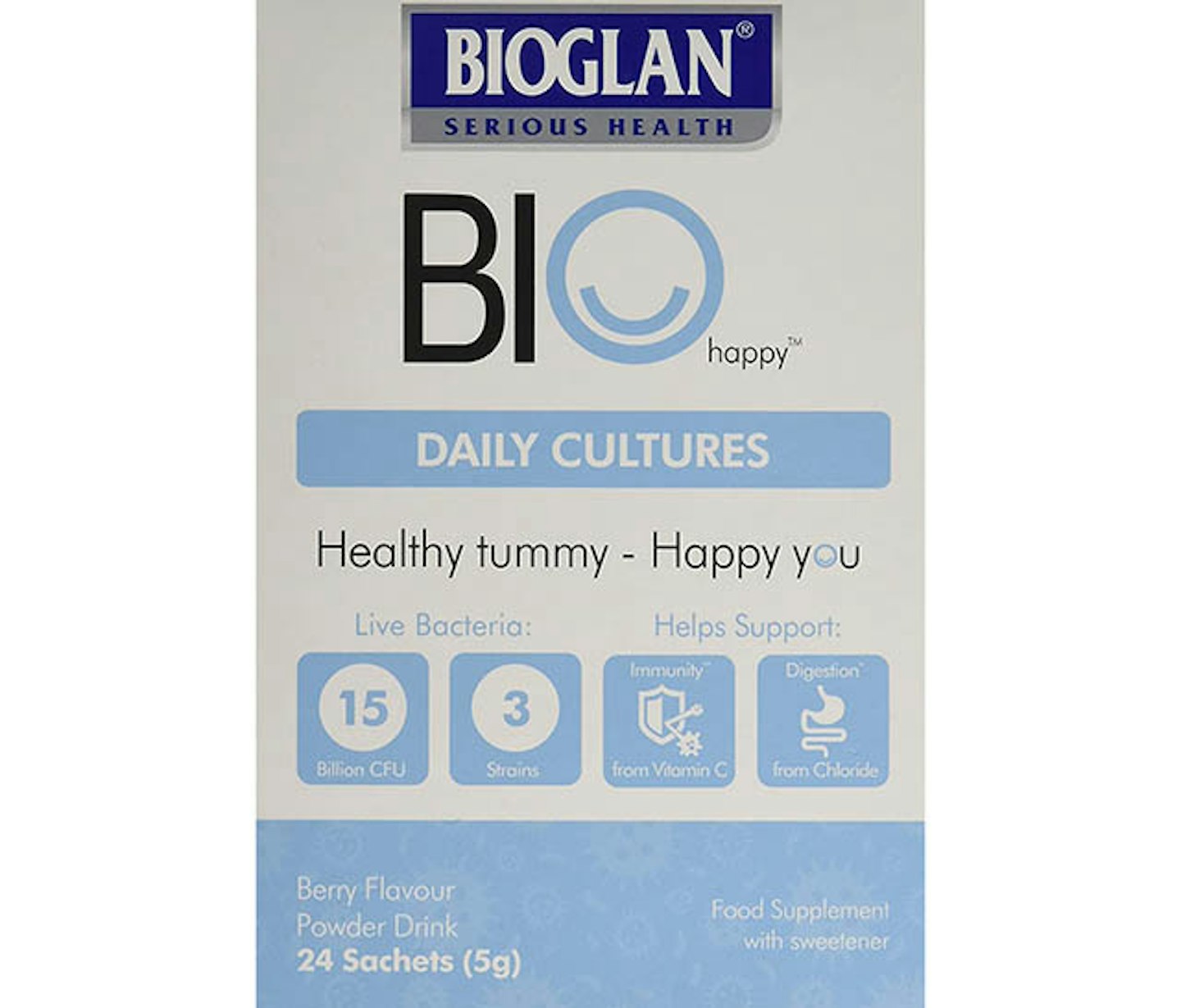 4 of 6
4 of 6At breakfast, try topping up your good bacteria with a probiotic supplement such as Bioglan BioHappy Daily Cultures
At breakfast, try topping up your good bacteria with a probiotic supplement such as Bioglan BioHappy Daily Cultures.
 5 of 6
5 of 6Make your room cool and dark
Make your room cool and dark to help improve your sleep. Give this face mask that contours to your face a try.
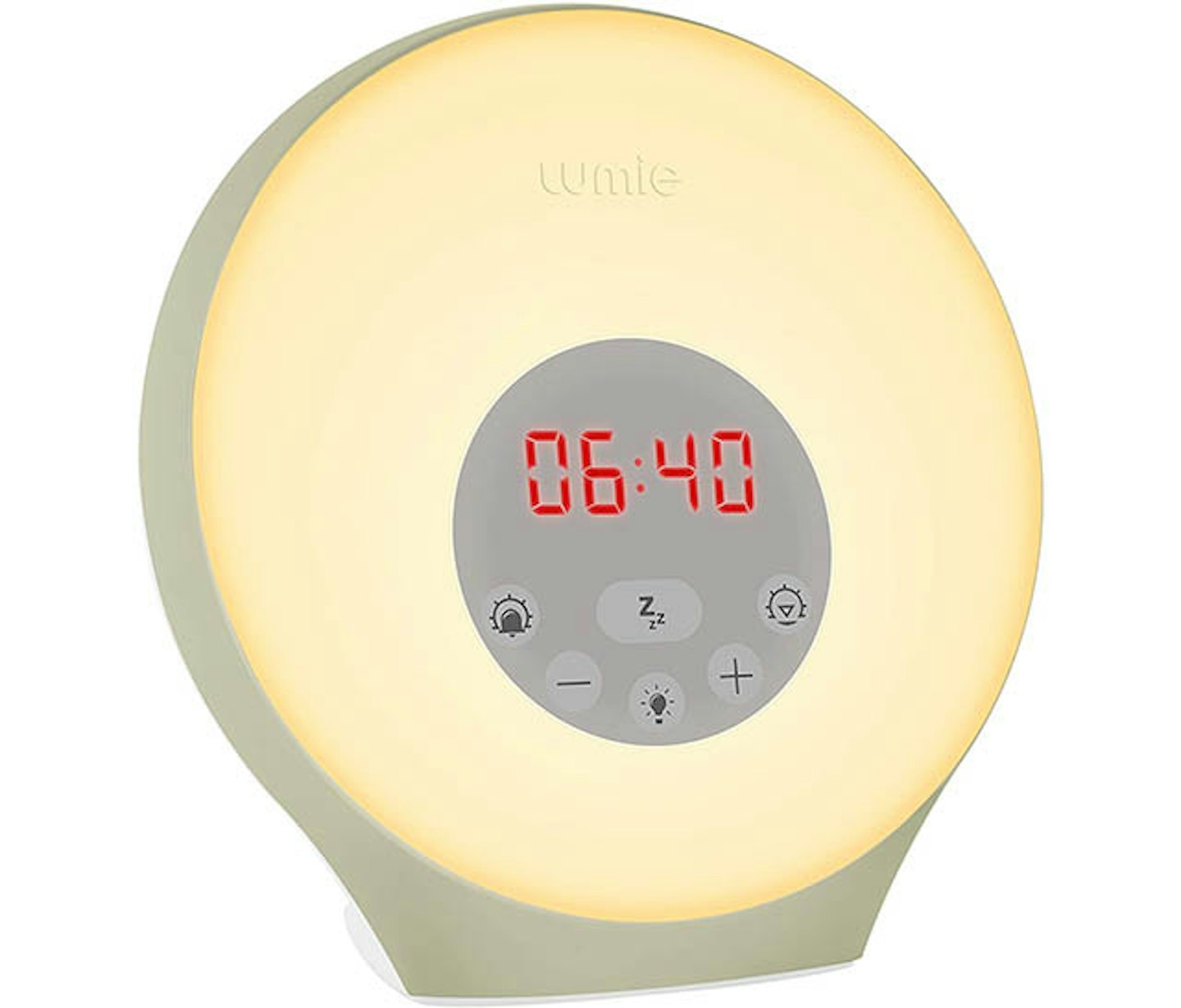 6 of 6
6 of 6Try a sunrise alarm
In the winter, you can get the benefits of sunlight first thing with a sunrise alarm clock such as the Lumie Sunrise Alarm.
Most popular in better sleep
How to choose the right bed and create the best sleeping environment
